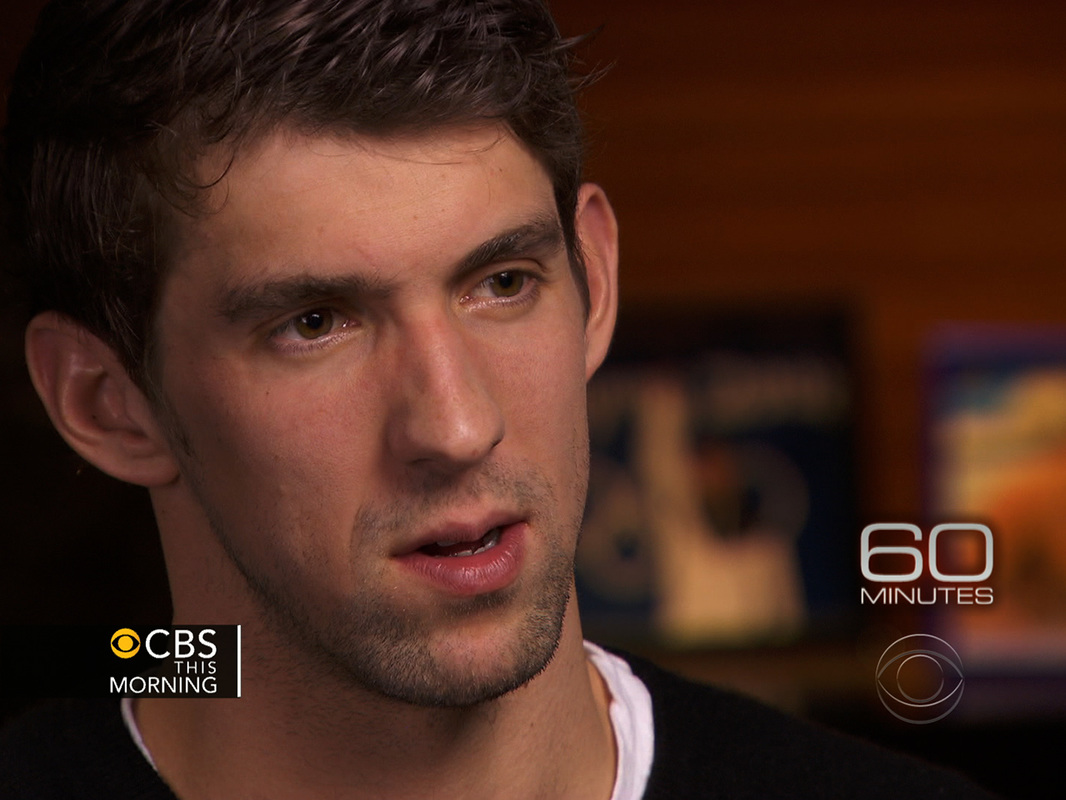|
|
Interview with Bob Bowman - Swimming
Coach of Michael Phelps (USA)
Bob Bowman completed his studies in 1987 as Bachelor of Developmental Psychology and Music Composition at Florida State University in Tallahassee. Since 1988 Bowman works as an assistant and Head Coach for various clubs in the USA. TRAINING CONTENT AND PHILOSOPHY The records of Michael Phelps are truly unique. What is so special about your program ? At the North Baltimore Aquatic Club (NBAC) we maintain a culture of excellence. We explain openly and honestly what we ask of our athletes - we expect hard work! Neither do we take a soft approach nor do we make everything perfect for athletes. But we give our swimmers the program, teach them to set goals, and demand of them to fully engage in the process. I think this straightforwardness and clarity are the most important aspects. Is there any special content in the training ? Our training programs are far from unique or very innovative. Nor do we constantly change the content to keep the athletes interested. And when I tell you that we swim 800 meters a few time or other certain series, which is quite normal. Instead, we place our emphasis on training solidly and on a scientifically based training content. But the way we offer the clearly structured program to children and adolescents, forms the basis for success. And the success increases the motivation for our program. |
|
Training Bob Bowman
& Michael Phelps |
TRAINING PROGRAM - TEAM SPIRIT
What does the atmosphere in your training look like ? During our training there is a serious, focused atmosphere. The athletes know what is at stake, and we regularly give them special tasks to deal with. So they get an understanding of pressure and learn to handle stress. Michael Phelps is part of this program. At what age did he join and what did he experience in the beginning ? Michael was 8 years old, when he started with us. When he came into the training, he saw the older youth swimming and watched two Olympic gold medalists in the pool. They have always said hello and respected each other a lot. Today Michael Phelps is a superstar in the swimming world, but in our training program, for the young athletes Michael is one of them. For example, our 8-year-olds always pad "their pal" on the shoulders when exiting the pool. What's the use of this direct contact with top athletes ? Through this proximity to top swimmers, the young ones think "I'll be twice as good." They begin to believe "if he went to the Olympic Games, I can do it, too." For decades we managed to integrate such role models in our (entire) program and this way we attract young swimmers. |
|
Training Michael Phelps & Bob Bowman
|
COMPETITION SIMULATION - CONSCIOUS TRAINING
What is the use of rigorous training and what does one need to obey ? We use training as a preparation, or simulation for competitions. In an Olympic final you only get one chance - either you use it or not. In our program, we repeatedly confront swimmers with psychologically uncomfortable situations and teach them to cope with them. It is important that all the tasks are within the individual scope and they are feasible. We want to set the swimmers under pressure to toughen them, but we won't overstrain them. In my opinion overcoming difficult situations has a positive effect on the competitive hardiness and self-confidence of an athlete. How much understanding of the training plan and the goals do your swimmers need ? Our swimmers should know the goals exactly and I explain them very clearly. Also, I have a rule: If someone does not understand what is required of him, he should just leave. In my mind, understanding the content and objectives are very important for the athletes to train more aware and goal-oriented. |
|
Interview Michael Phelps
|
MATURE ATHLETES - DEALING WITH SWIMMERS
Is it not enough, if your swimmers receive commands and act accordingly ? Athletes who merely follow instructions and neither assume responsibility nor think, are just recipients of orders for me. But for high performances, the whole person is required. Therefore, I am working to ensure that our athletes realize (learn), who they are, and know what they want to achieve. And if an athlete reaches the top internationally, there are growing demands and pressures. At this level you can not (just) rely on other people, you have to rely on and perform for yourself. A "mature athlete" or the personality of an athlete evolves over time. Do you talk a lot with your athletes and spend a lot of time with them ? We speak before and after training or travelling to competitions. If athletes want to talk to me or need my help, I like to intervene. But I'm basically the coach for my swimmers and won't act as their parent. Therefore, I try to maintain a certain distance and will not interfere with their private lives. When they leave the pool, they should enjoy their freedom, build a circle of friends and a private life. As long as the private life collaborates with competitive sports, I can concentrate on my duties as coach. Source: Pfaff, E. (2012). "Our training programs are far from unique or very innovative." - "Unsere Trainings-Programme sind alles andere als einzigartig oder sehr innovativ." Leistungssport, 42 (2), P. 57-62. www.leistungssport.net |












